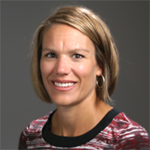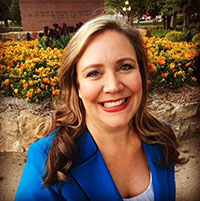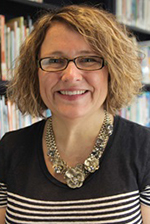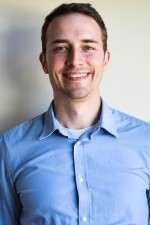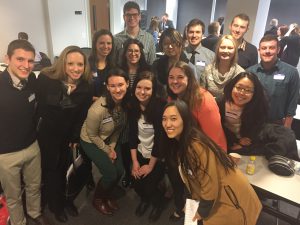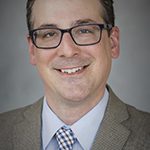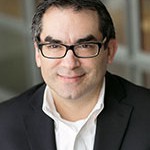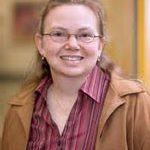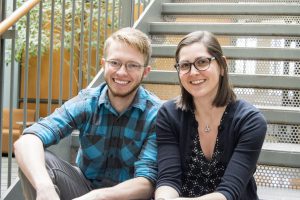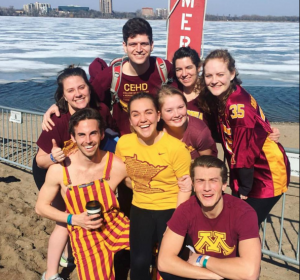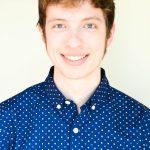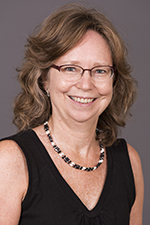On April 24, CEHD hosted the annual Spring Assembly and Recognition Ceremony to recognize members of the university for their distinguished service and leadership. This year, the Department of Educational Psychology’s Annie Hansen-Burke, Sarah Jergenson, and Nicolaas VanMeerten were award recipients.
Annie Hansen-Burke, senior lecturer and field placement coordinator in the school psychology program was recognized with the Distinguished Teaching Award. The award recognizes outstanding contributions by a college faculty member who enhances learning through classroom and/or field-based teaching, student advising, and academic innovations.
The Civil Service/Bargaining Unit Innovative Ideas Award was given to Sarah Jergenson, communications associate and content strategist for the department. The award recognizes civil service/bargaining unit employees who have made an impact in CEHD by creating, suggesting and implementing an innovative change strategy which resulted in a measurable benefit to the college.
Psychological foundations of education Ph.D. student, Nicolaas VanMeerten was awarded the Outstanding Student Leadership Graduate Award. This award recognizes undergraduate and graduate students for exceptional leadership and/or service contributions to the CEHD, the University community, and the surrounding community.
Congratulations to all of our award-winning department members!

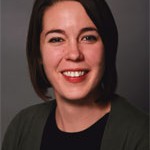



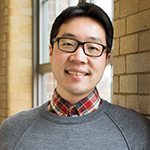
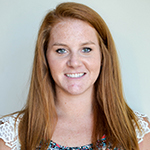
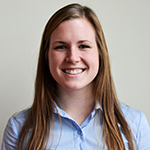
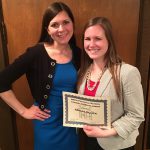

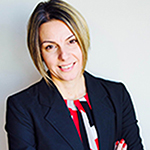
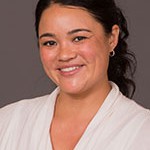
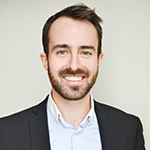
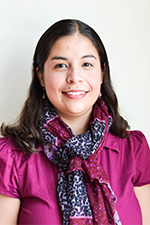 The best teachers are perpetual students, and
The best teachers are perpetual students, and 